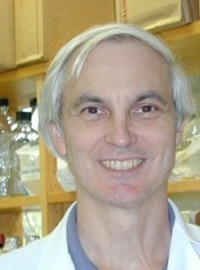
Mark R. Boothby, M.D., Ph.D.
- Professor of Pathology, Microbiology and Immunology
- Professor of Medicine
Phone
Vanderbilt University Medical Center
AA-4214B Medical Center North
Nashville, TN 37232-2363
AA-4214B Medical Center North
Nashville, TN 37232-2363
Mark R. Boothby, M.D., Ph.D.
- Professor of Pathology, Microbiology and Immunology
- Professor of Medicine
615-343-1699
mark.boothby@vumc.org
Vanderbilt University Medical Center
AA-4214B Medical Center North
Nashville, TN 37232-2363
AA-4214B Medical Center North
Nashville, TN 37232-2363


